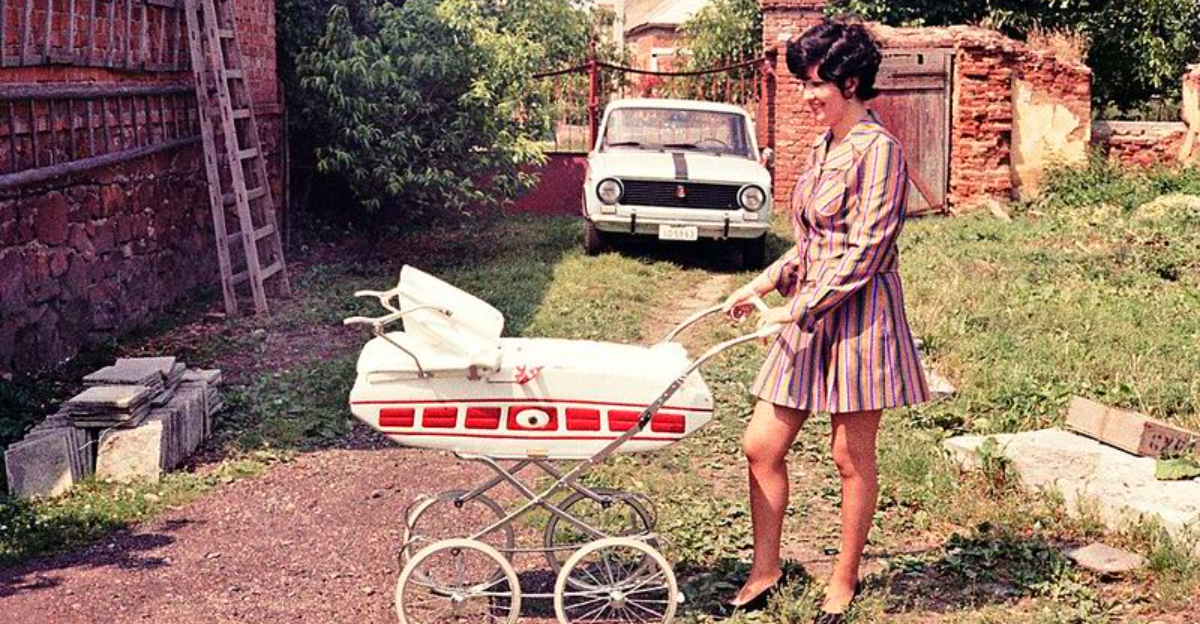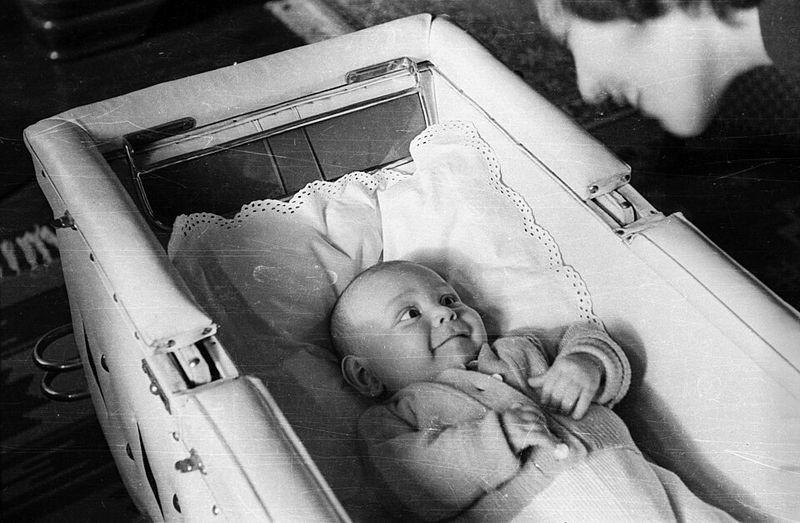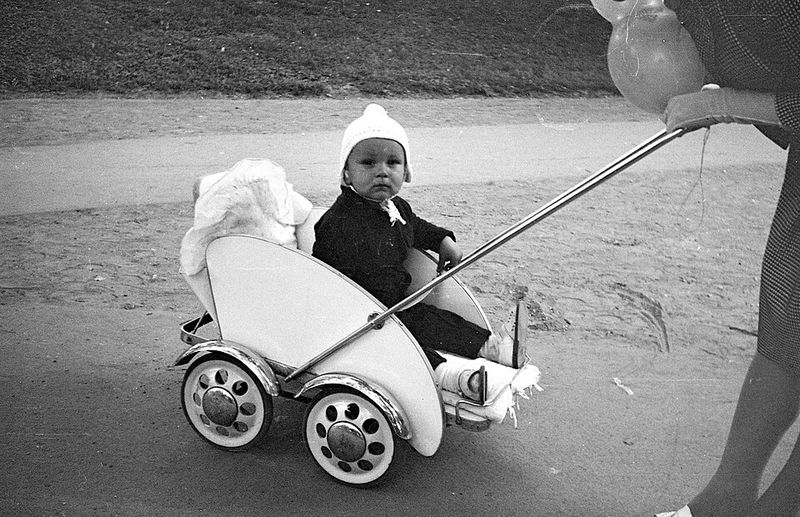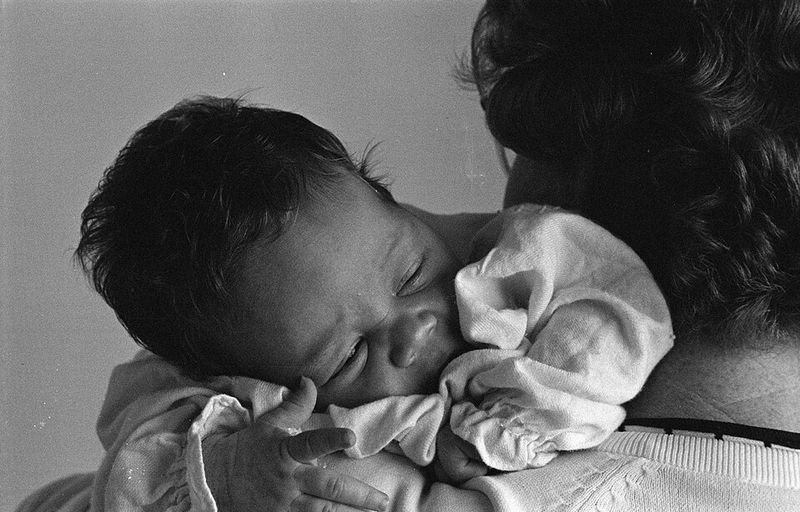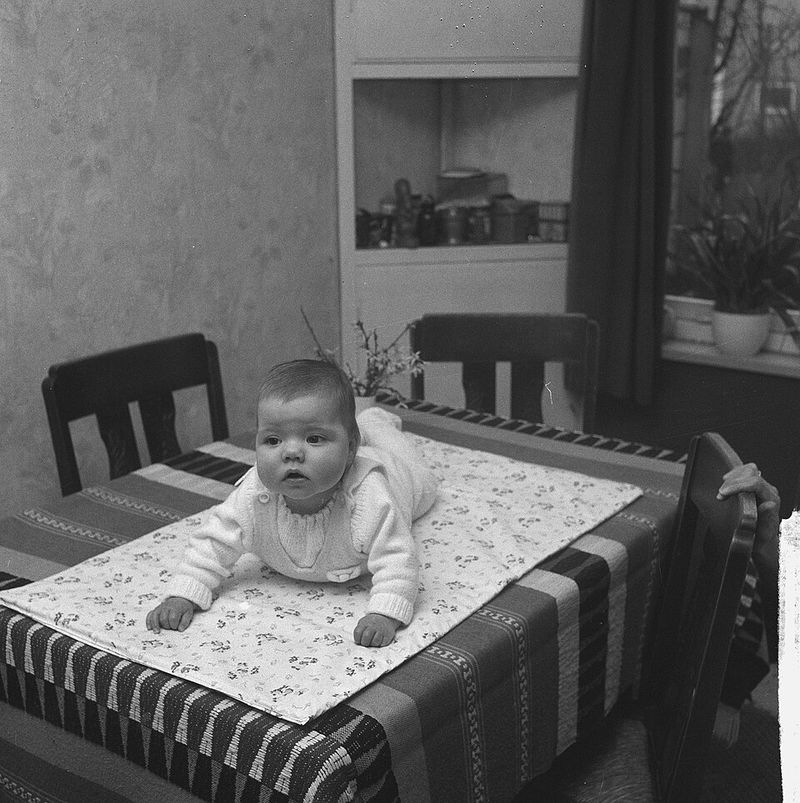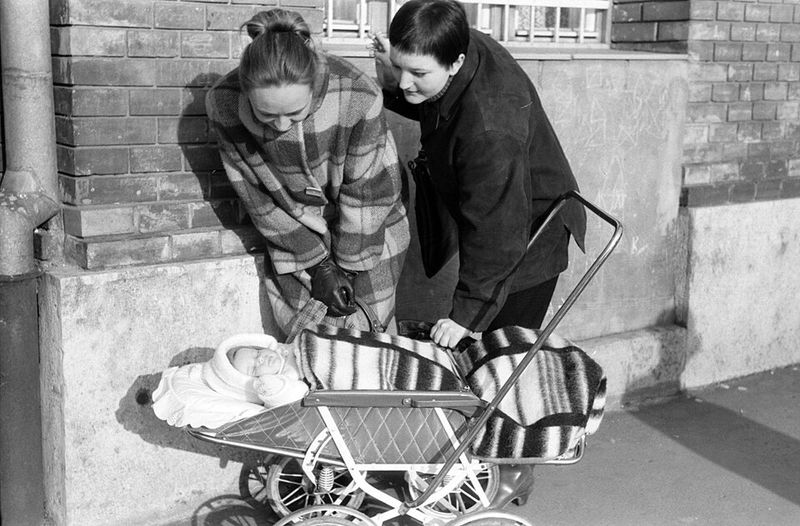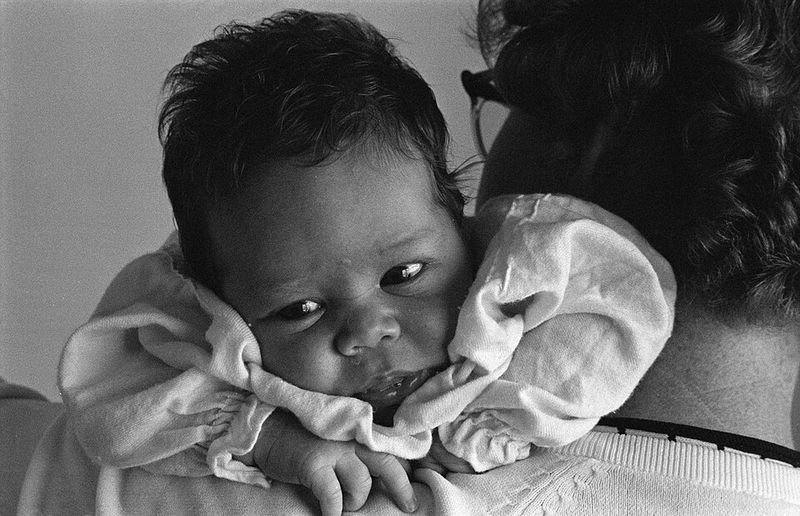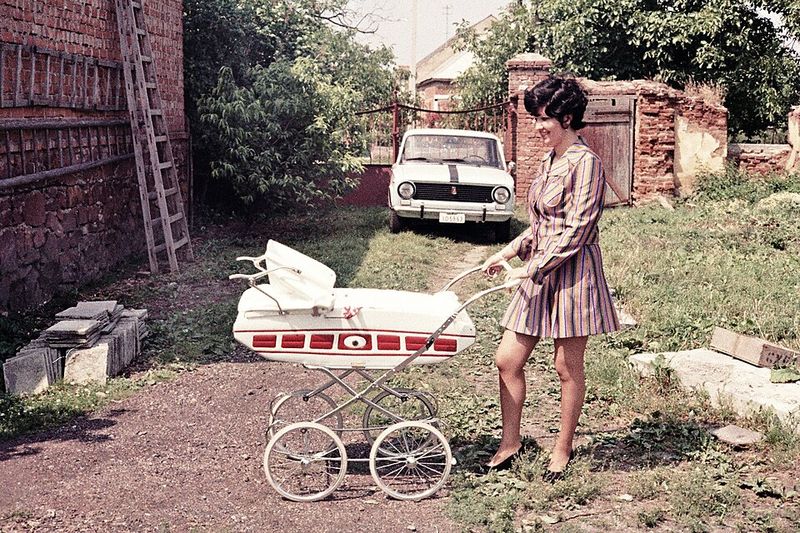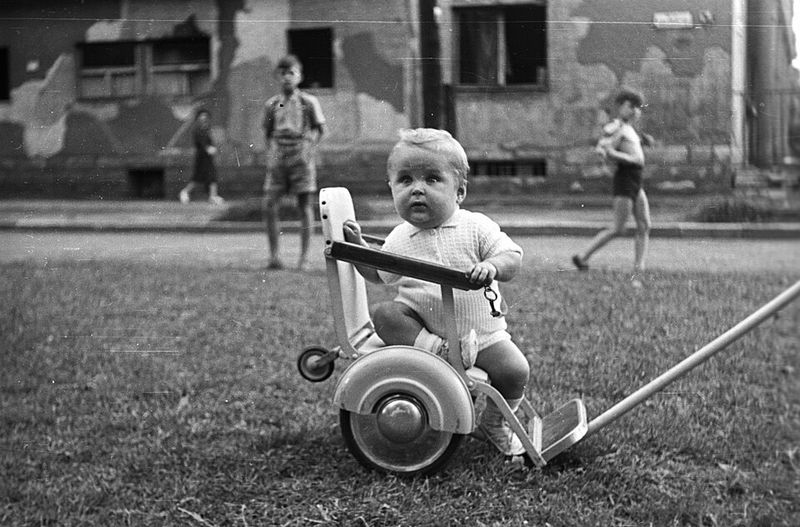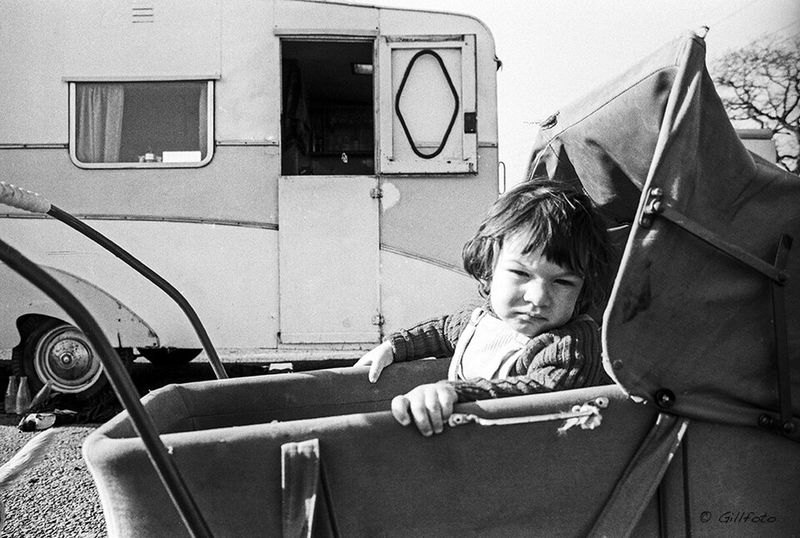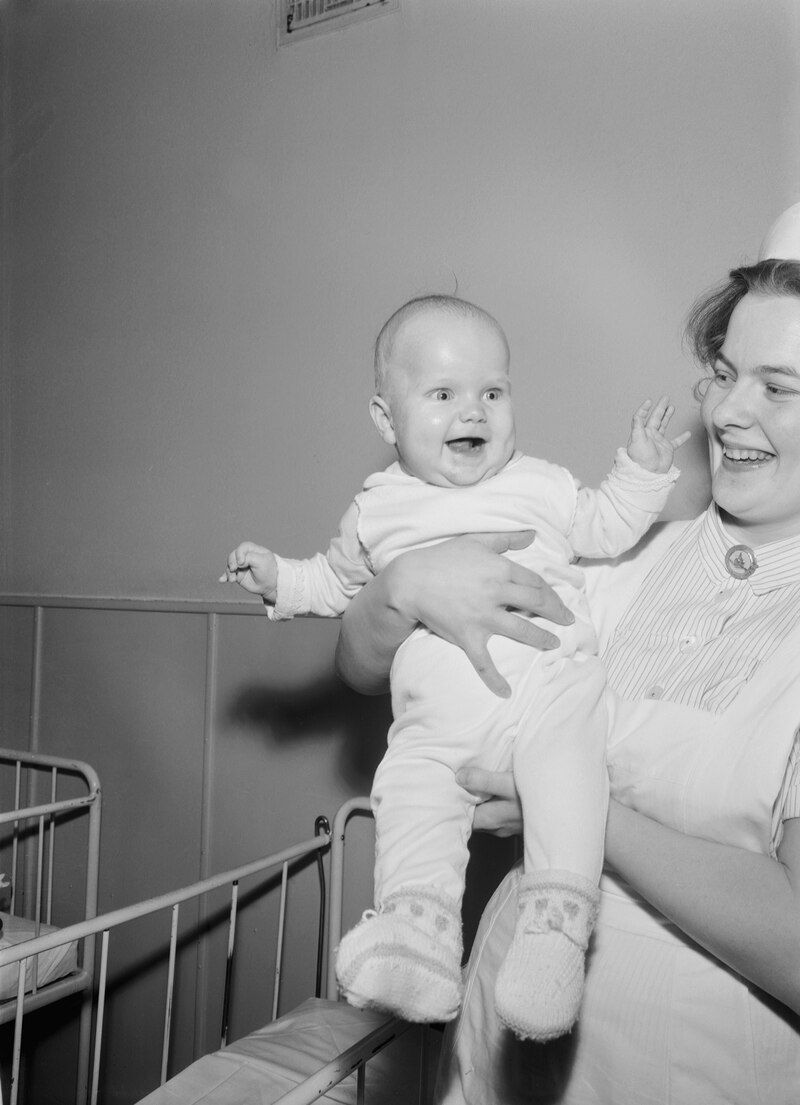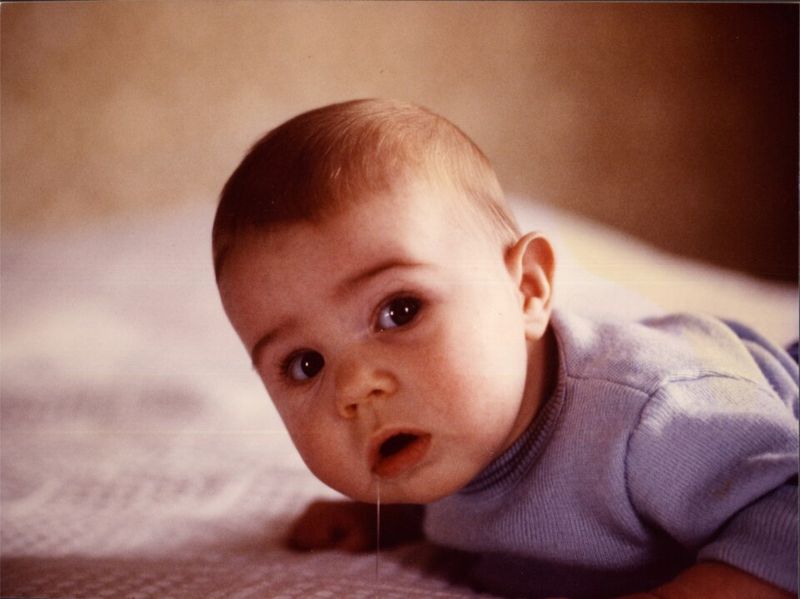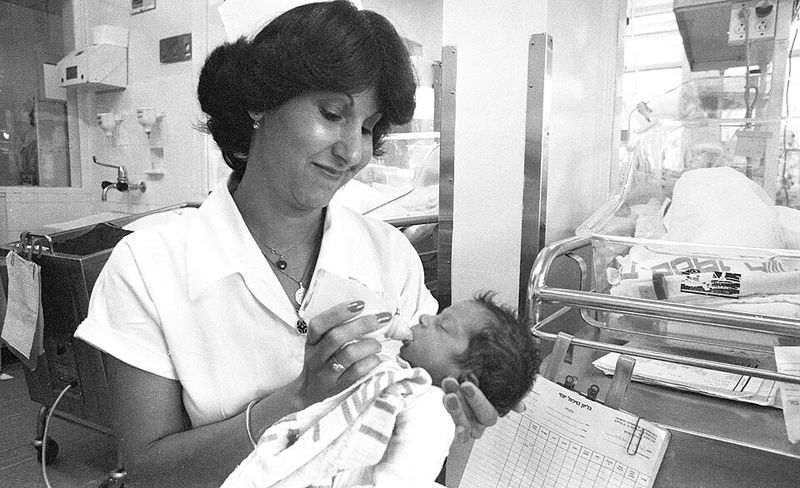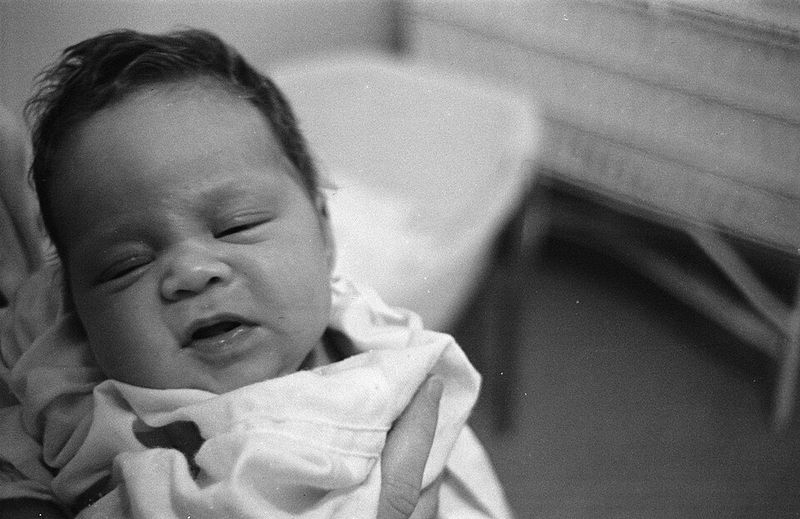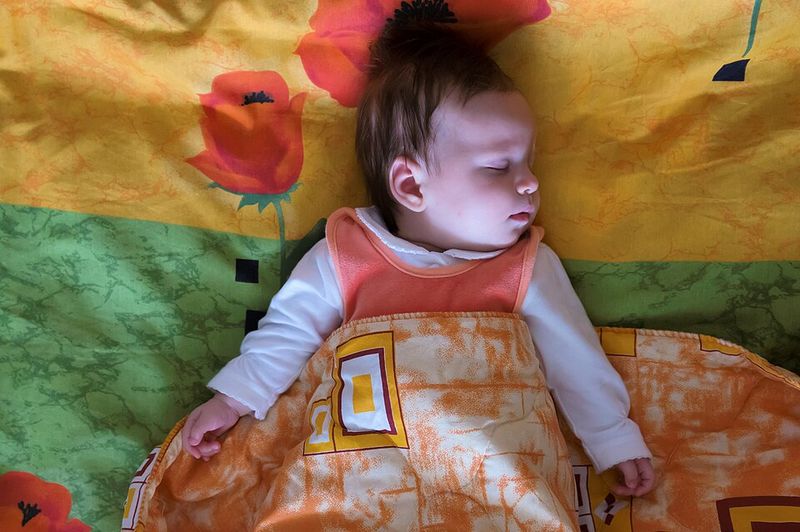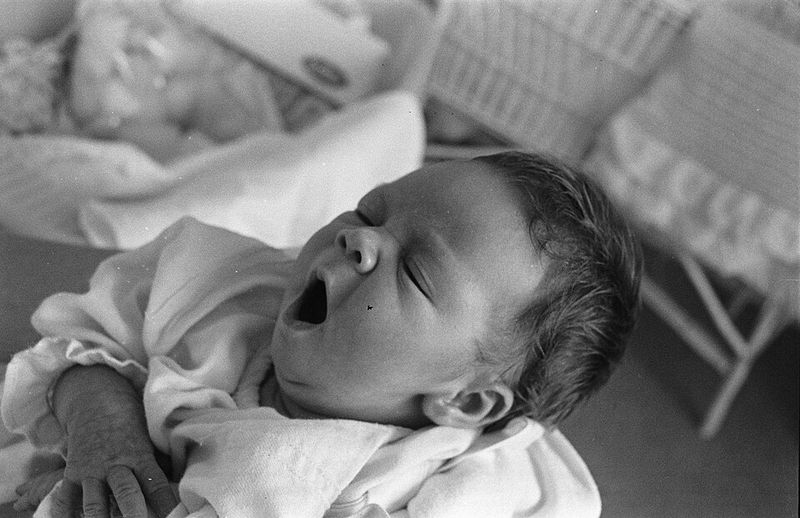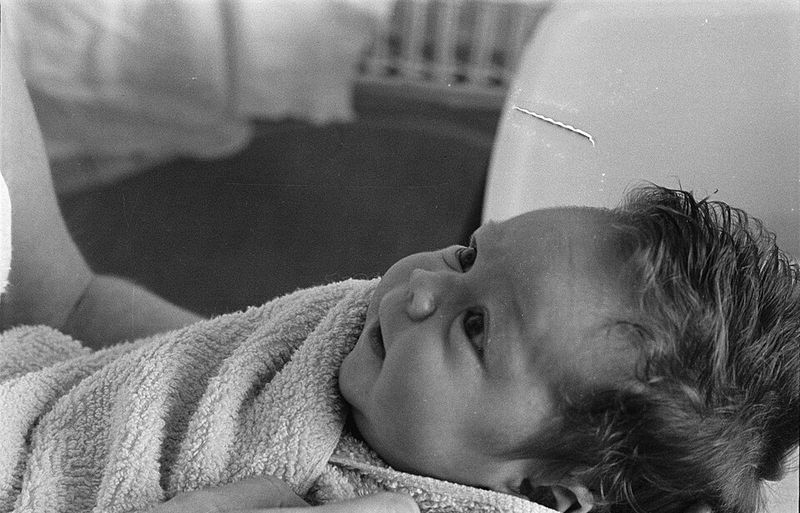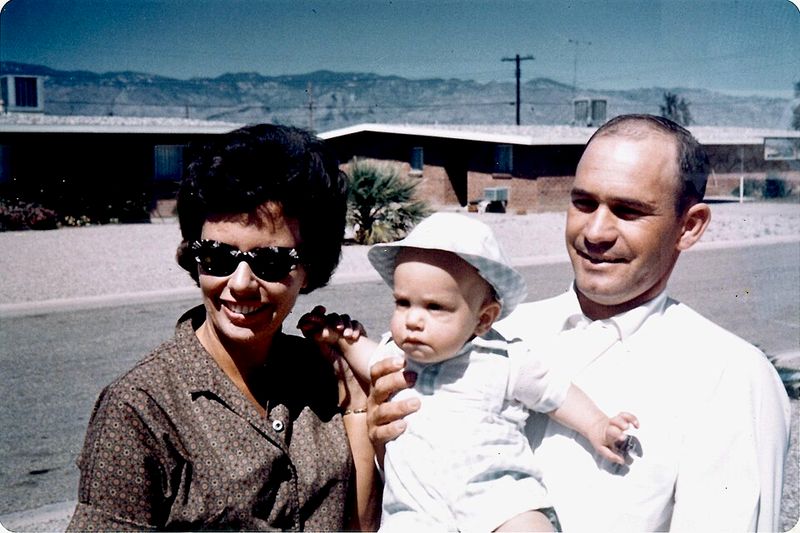Names rise and fall like fashion trends, and some once-ubiquitous Baby Boomer favorites have nearly vanished from birth certificates. Curious which monikers ruled the 1950s and 60s but barely register today? This list spotlights 22 classics slipping into obscurity, along with the cultural shifts that nudged them out. If you’ve ever met a Bob, Gail, or Phyllis and wondered where their names went, you’re about to find out – and maybe feel a twinge of nostalgia.
1. Al
Al once stood tall as a brisk, buddy-next-door nickname, most often short for Albert or Alfred. It thrived in an era that prized no-nonsense, approachable monikers for boys. Over time, parents gravitated toward fuller forms or modern alternatives with softer sounds and global flair. Minimal recent registrations suggest Al’s identity as a standalone name has faded fast. Pop culture no longer refreshes it with new heroes, and casual nicknames now skew longer or more lyrical. While Al may endure inside family trees and vintage songs, its days on contemporary birth announcements appear largely done.
2. Bert
Bert, derived from names like Albert or Herbert, once carried sturdy, dependable energy. In the Baby Boomer era, it fit right in with short, clipped male names. Over decades, however, parents favored either full formal names or more melodious options, leaving Bert behind. Pop culture associations skewed comedic or old-fashioned, further dampening its revival. Modern parents might prefer Everett or Bennett, echoing similar sounds without the retro baggage. Registrations now hover near nonexistent. Though Bert can be endearing among older generations, it’s rarely considered fresh for newborns. The name’s decline mirrors broader shifts toward style versatility.
3. Bernie
Bernie, often short for Bernard, once evoked friendly, trustworthy warmth. Mid-century parents favored its cheerful ring and solid, traditional roots. But tastes shifted toward sleeker, international names or inventive spellings, leaving Bernie sounding distinctly vintage. Political figures and pop culture kept it momentarily visible without truly reviving it for babies. In recent years, registrations dwindled to a trickle. Parents seeking classic charm often choose Theodore, Henry, or Arthur instead. Bernie’s cozy vibe lives on in grandpas, sitcom reruns, and nostalgic nicknames, yet its cradle-to-college appeal waned. Today, it’s a gentle whisper from another naming era.
4. Bob
Bob dominated mid-century America as the quintessential everyman nickname—direct, friendly, and practical. Short for Robert, it benefited from Robert’s massive popularity among Boomers. Today, parents favor Robert less and rarely register Bob as a legal first name. Nicknaming styles changed too, leaning toward Rob, Robbie, or no nickname at all. Media imagery pegs Bob as solid but dated, more dad-core than baby-chic. Contemporary tastes prize uniqueness or multicultural flair, pushing Bob further to the margins. While Bob will always be warmly familiar, it’s essentially absent on modern nursery rosters and kindergarten roll calls.
5. Cary
Cary once glimmered with silver-screen sophistication, thanks to Hollywood’s golden age. The name projected suave charm, minimal yet elegant. Over time, its gender ambiguity and vintage aura nudged it out of mainstream choices. Parents now prefer names with clearer modern identities or nature-inspired themes. While a handful of families may admire its cinematic legacy, new registrations remain scarce. Styles drift toward Kai, Arlo, or Leo for cool brevity. Cary’s graceful vowels persist in memory, but its star power dimmed for contemporary cribs. It remains a refined relic rather than a rising favorite, an echo of classic glamour.
6. Chuck
Chuck, once the energetic, locker-room nickname for Charles, thrived alongside mid-century sports culture. Parents loved its punchy friendliness and easygoing swagger. However, modern trends favor the full Charles, or Charlie for a softer vibe, leaving Chuck behind. Media portrayals sometimes skew humorous or dated, limiting its baby appeal. As minimalist and global names surged, Chuck’s hearty consonants felt heavy. Registrations today are minimal, with nostalgia outweighing new usage. While Chuck will live on in anecdotes, vintage signage, and team jackets, it’s rarely seen on today’s birth certificates. The name’s playful grit couldn’t outrun shifting tastes.
7. Curt
Curt, typically short for Curtis, carried a crisp, no-frills confidence. It fit an era of straight-shooting names that sounded ready for work or weekend games. Over decades, however, Curt’s blunt profile lost ground to lyrical, multicultural options. The fuller Curtis also receded, removing a key pipeline. Parents now prefer names like Carter, Colton, or Miles for contemporary polish. With minimal recent registrations, Curt feels firmly retro. It still resonates in classic rock liner notes and company softball rosters, but not nurseries. Nostalgia aside, the name’s clipped cadence couldn’t compete with today’s smoother, broader-appeal choices.
8. Dom
Dom, often short for Dominic, once surfed on tough-but-kind imagery. As a standalone, it appealed to families favoring compact, masculine forms. Over time, parents chose the full Dominic or trended toward Latin or pan-European names with softer sounds. Pop culture occasionally spotlighted Dom, but not enough to restore baby-name momentum. Minimal new registrations suggest the nickname-first style has cooled. Alternatives like Nico, Luca, or Leo feel fresher. Dom still sounds athletic and friendly, yet today’s lists prioritize fluidity and global resonance. As trends pivot, Dom’s independent identity faded, lingering mostly in adult circles and sports rosters.
9. Hal
Hal once conjured smart, steady charm, often linked to Harold or Henry. In mid-century usage, it felt gentlemanly and approachable, the pal you could trust. Today, Henry thrives but Hal rarely follows as a nickname, and Harold largely faded. Contemporary parents favor full forms or nickname styles like Hank or Harry. Pop culture gave Hal a few sci-fi associations without spurring new births. Registrations are now very low. While endearing on older generations, Hal reads antique for babies. Its compact brightness remains appealing but eclipsed by names with broader international style and modern softness.
10. Mitzi
Mitzi, with its zippy consonants and European flair, once felt chic and playful. Over time, it became tethered to mid-century aesthetics, losing traction as trends shifted to softer sounds. Parents today lean toward Mila, Zoe, or Poppy for quirky brightness. Pop culture rarely features Mitzi for young characters, limiting its revival. Registrations are sparse. Though distinctive, it can feel costume-like compared to contemporary choices. Mitzi’s sparkle remains irresistible to some, but mainstream adoption has faded. It now resides on the stylish fringe—memorable, nostalgic, and nearly extinct among modern newborns.
11. Lorne
Lorne, with its Scottish-Canadian ties, enjoyed niche popularity among Boomers. Its woodsy, dignified tone set it apart without feeling flashy. As naming fashions globalized, the name’s regional flavor limited mainstream uptake. Parents now gravitate to nature-forward choices like Rowan or Asher instead. Lorne’s vowel-consonant balance feels dated compared to current sleek forms. Pop culture references are sparse, offering little revival energy. Registrations have dwindled, making Lorne a rarity. While it retains quiet gravitas, it no longer appears on modern shortlists. For most families, Lorne remains a charming outlier from a bygone naming landscape.
12. Bess
Bess, a diminutive of Elizabeth, once radiated homestyle warmth and frontier grit. In the Boomer years, diminutives felt friendly and practical. Modern parents, however, prefer full forms or sleeker nicknames like Ella, Elise, and Zara. Bess carries homestead nostalgia that doesn’t align with contemporary elegance or global flair. Its simplicity can feel quaint rather than chic. Registrations are rare, and pop culture seldom reintroduces it. While Bess charms in literature and family lore, it’s almost absent on new birth records. The name’s pantry-fresh sweetness endures, but today’s trends lean toward polished or international variations.
13. Cathy
Cathy dominated school rosters in the 60s as a breezy, friendly form of Catherine. Its casual -y ending felt perfectly on trend. Over time, however, parents returned to Catherine/Katherine or opted for Kate, Cate, and Kat, leaving Cathy behind. The name now reads unmistakably retro. Pop culture references often place Cathy in nostalgic settings, reinforcing its dated vibe. Registrations have fallen sharply. While it retains approachability, modern preferences prize crisp minimalism or international style. Today, Cathy’s warmth survives in memories and family trees, but it’s seldom chosen for newborns, overshadowed by fresher, sleeker variants.
14. Christi
Christi, a bright shortening of Christina or Christine, sparkled in the Boomer and Gen X crossover years. Its upbeat, double-i look felt modern then, but now reads dated alongside similar forms like Kristi and Christy. Parents favor Christina less and gravitate to international variants like Cristina or minimalist choices like Quinn. With cultural tastes shifting away from 70s-80s aesthetics, Christi’s registrations dwindled. Social media-era naming leans toward unique spellings or timeless classics, sidelining Christi. Nostalgia aside, it’s rarely seen on today’s birth announcements. The name remains sunny and approachable, but largely retired from current baby lists.
15. Deirdre
Deirdre carried literary mystique and Irish heritage appeal during mid-century waves. Its graceful yet complex spelling once felt sophisticated. As phonetic simplicity rose in importance, Deirdre’s pronunciation challenges curbed its popularity. Parents turned to Erin, Maeve, or Isla for Celtic charm with easier sounds. Pop culture seldom refreshed Deirdre for modern audiences, and registrations thinned considerably. While timeless in poetry, it struggles in contemporary classrooms. The name’s layered history keeps it beloved in niche circles, but mass adoption faded. Today, Deirdre stands as a refined relic – beautiful on paper, less common on new birth certificates.
16. Gail
Gail soared mid-century as a brisk, unadorned choice – sometimes a stand-alone, often linked to Abigail. The single-syllable punch matched then-current tastes. Over time, parents favored Abigail in full or opted for Ella, Ava, and Hazel, sidelining Gail. Its clipped sound now feels stark compared to today’s floral, vowel-rich trends. Registrations have sharply declined. Media rarely uses Gail for young characters, cementing a mature image. Still, it retains a no-nonsense charm many admire. Despite that affection, the name’s momentum has stalled, making new Gails exceedingly rare in modern nurseries.
17. Jeanie
Jeanie, with its whimsical, genie-adjacent sparkle, felt playful and sweet for Boomers. It drifted from the fuller Jean or Jeannine, offering a lighthearted alternative. Today, parents favor Jane, June, or Gianna over Jeanie’s 60s TV vibe. As vintage sitcom associations persisted, the name stopped feeling contemporary. Registrations now appear sporadically. The -ie ending remains popular, but Jeanie’s specific sound skews retro. Nostalgic charm aside, it rarely makes modern shortlists. You might find it in cherished family stories, not kindergarten roll calls. Jeanie’s magic didn’t disappear—it just moved into memory, far from today’s baby-name spotlight.
18. Missy
Missy embodied bright, playful energy and affectionate informality during its peak. As naming styles matured, diminutives like Missy gave way to formal names or nature-inspired picks. Pop culture sometimes uses Missy as a character quirk, reinforcing a youthful, dated feel. Registrations dwindled as parents favored Maisie, Millie, or Marley for similar bounce. The name now reads more as a nickname than a birth certificate choice. While it carries nostalgic sweetness, modern lists rarely include it. Missy’s spirited charm survives in memories and pet names, but as a baby name, it’s quietly slipped from everyday use.
19. Jodie
Jodie—sprightly and approachable—had its heyday in late Boomer and early Gen X years. The friendly -ie ending matched then-current tastes, and celebrity visibility helped. But Jodie’s variants (Jody, Jodi) splintered usage, and newer names took over the approachable niche. Parents now choose Josie, Sadie, or Zoe for similar energy. Pop culture hasn’t driven a strong revival, and registrations keep shrinking. While universally likable, Jodie reads more 70s than 2020s. It remains charming for adults but seldom appears on modern birth lists, its gentle glow preserved in nostalgic associations rather than new trends.
20. Kaye
Kaye, a sleek twist on Kay, once felt crisp and tailored. It appeared as both a given name and middle-name favorite during mid-century peaks. Modern parents rarely use it as a first name, opting for longer choices like Kaya, Kaia, or Catherine variants. The terminal -e adds sophistication yet signals retro style. Registrations today are scant. Despite its compact elegance, Kaye competes with a flood of contemporary options offering more flexibility. It lingers gracefully in middle-name slots and family lines. As a first name, though, it’s nearly extinct, a stylish whisper from another era.
21. Kerri
Kerri rode the wave of Irish-inspired names and breezy spellings popular in the 70s. Competing forms – Kerry, Kari, Carrie—fragmented the field, diluting each variant’s longevity. As classic Caroline and modern Kaia rose, Kerri faded. Today’s parents prefer cleaner, consistent spellings aligned with global usage. Registrations have dwindled notably. While it still feels friendly and athletic, Kerri’s aesthetic sits firmly in a past decade. Nostalgia persists, but contemporary lists lean toward Ember, Harper, or Keira. Kerri’s sunlit charm remains, yet it’s rarely chosen for newborns, making it a near-extinct Boomer-adjacent favorite.
22. Meg
Meg, a brisk nickname for Margaret, once felt literary and bright. Boomers embraced its straightforward charm, while Little Women kept it culturally familiar. Today, parents who love Margaret often use Maggie, Margo, or the full form. Minimalist Meg can read a bit austere amid lush, vowel-rich trends. It also competes with Mae and May. Registrations have declined accordingly. Though Meg remains timeless on the page, it’s scarce on birth announcements. Its clean snap still appeals to some, but broader tastes favor names with more flourish or international resonance, leaving Meg in gentle retirement.
